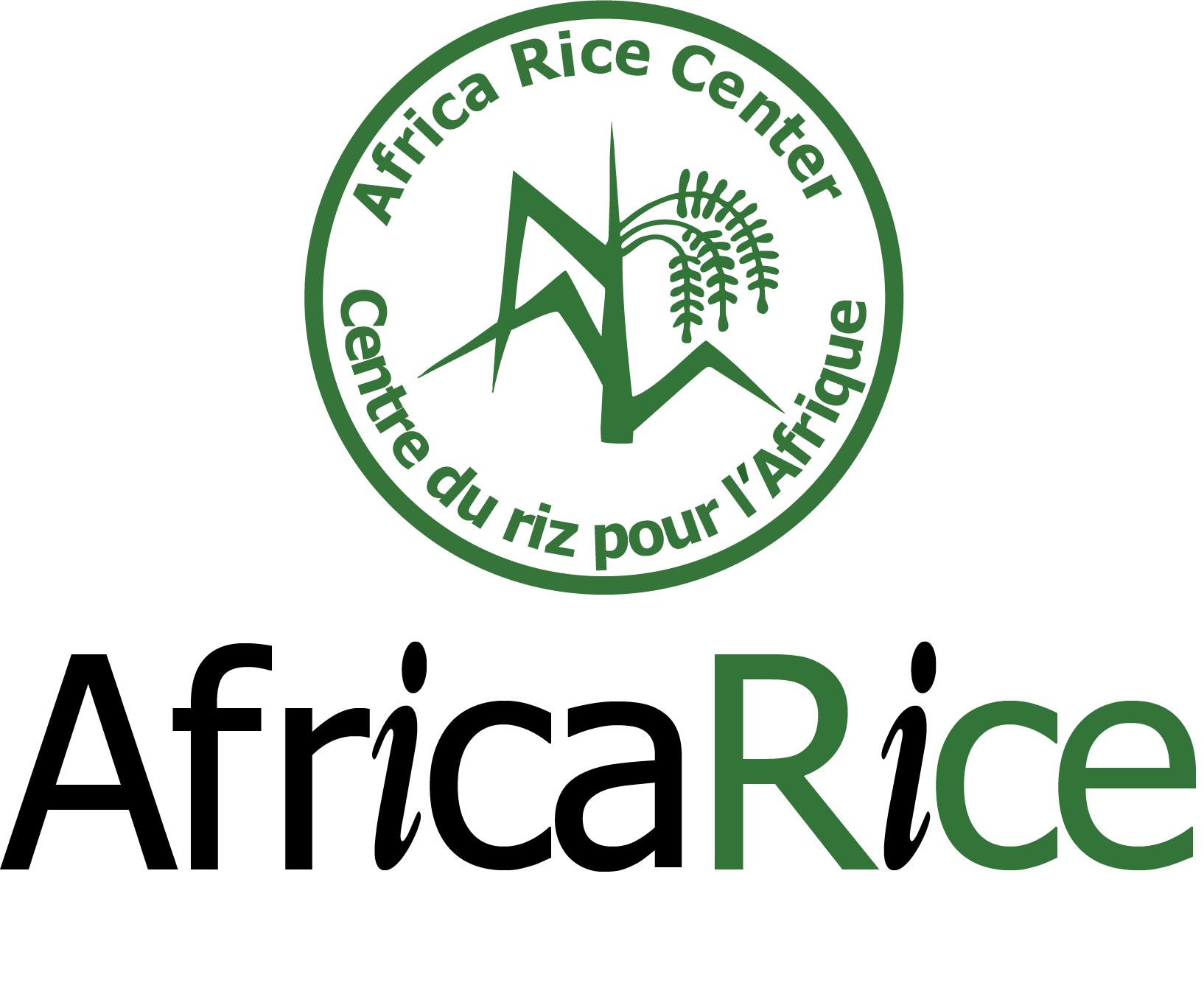RiceAdvice digital support
Summary
Information about the best agronomic and management strategies for rice cultivation is hard to access by millions of farmers in remote parts of Sub-Saharan Africa (SSA) because few have adequate means of communication and literacy levels. Besides this, available extension services are providing generalized recommendations that are not adapted to the soil fertility and weed pressure levels in paddy fields, nor the economic status and objectives of producers. To enhance information delivery for rice growing communities across SSA the “RiceAdvice” app was developed by AfricaRice and its partners that generates field-specific guidelines for paddy production. Decision support on fertilizer use and weed management is provided through the digital platform, enabling farmers to realize higher rice grain yields and returns from their investments. The improvements of extension services through RiceAdvice are tackling practical and financial barriers that hold back widespread adoption of sustainable farming practices, and value chain innovation as a whole.
About the Solution
Built as an interactive decision support tool RiceAdvice formulates guidelines on the basis of farmers’ answers to multiple choice questions about farm conditions, cropping calendar, soil management, nutrient inputs, weed types, available equipment, financial resources, target yields and market position. Completing the questionnaires takes about 10 minutes and is either done by intermediary extension agents that help to interpret or farmers themselves. RiceAdvice identifies the appropriate type, amount and application time for inorganic fertilizers in function of plant nutrition requirements and local prices so that farmers optimize their investments. The agronomy module sets yield objectives according to the disposable budget for soil and nutrient management practices. Using the weed manager module the most efficient and cost-effective control strategies before, during and after rice cropping season are found that match the level of infestation, and the supply of labour and equipment. A series of recommendations are returned by the RiceAdvice applications from which farmer can pick a preferred choice. In this ecosystem research products and services can be provided to rice farmers in an orchestrated manner that lead to the development of sustainable business entities along the rice value chain.
The RiceAdvice applications offer decision support for irrigated and rainfed lowland rice production systems, as well as upland paddy fields. At current, recommendations on crop, fertilizer, soil and weed management practices are fully functional for major rice growing areas in West-African countries, including Senegal, Nigeria, Mali, Burkina Faso, Ghana, Togo, Benin and Ivory Coast. Elaborate testing and optimization of decision support has been carried out in different parts of Ethiopia, Madagascar, Mauritania, Tanzania, Niger, Democratic Republic of Congo and Rwanda.
RiceAdvice is operated on Android smartphones and tablets, and available in English and French (other language versions planned). The app has extensive offline capabilities allowing it to be use without an internet connection, but an active connection is required from time to time to synchronize information with data servers. The applications are Agronomic and management guidelines formulates with RiceAdvice are complementary to the farmer-to-farmer instruction videos produced by AfricaRice.
First, questions of the RiceAdvice tools have to be completed for providing information about growing conditions, typical practices, scheduled planting date, available equipment, prevalent types of weed, fertilizer availability and market prices. Next, farmers need to enter the budget at their disposal for investments and the desired production level upon which yield targets are selected. After these steps the tool generates personalized recommendations on the rice variety, fertilizer plan, crop management and good agronomic practices. Detailed manuals and tutorials are available on how to use the RiceAdvice application, and an intuitive user interface is provided so that farmers can use it on their own. The decision support for rice cultivation can also be made accessible to farmers through public extension services or private agricultural companies, and be embedded with consulting and equipment rental.
Commercialization
Commercially available
Solution Images
Institutions

Accompanying Solutions
Improved varieties (resistant to drought stress and pest and diseases), Inorganic fertilizers, Selective herbicides, Motorized weeders, Engineered surfaces


